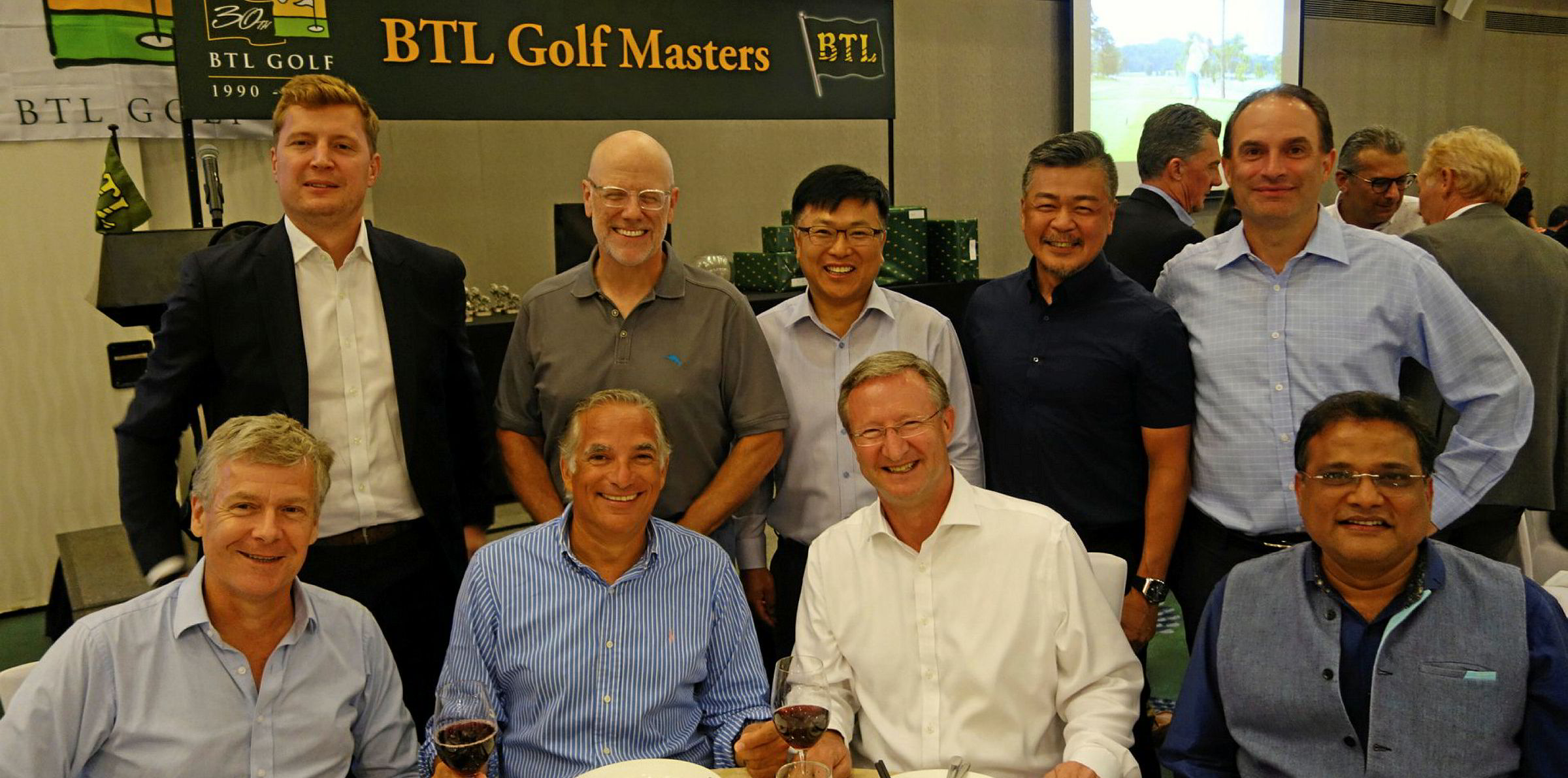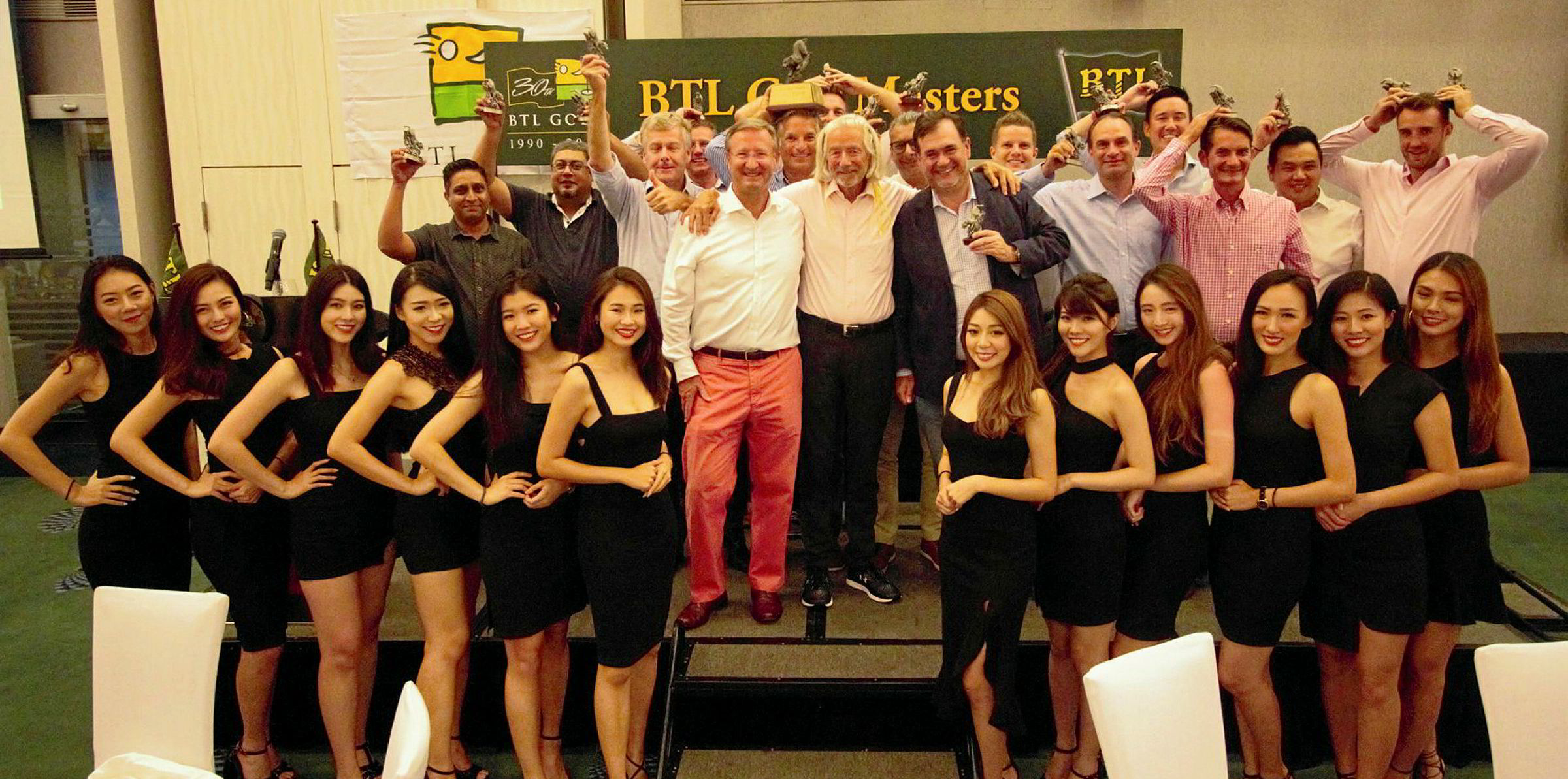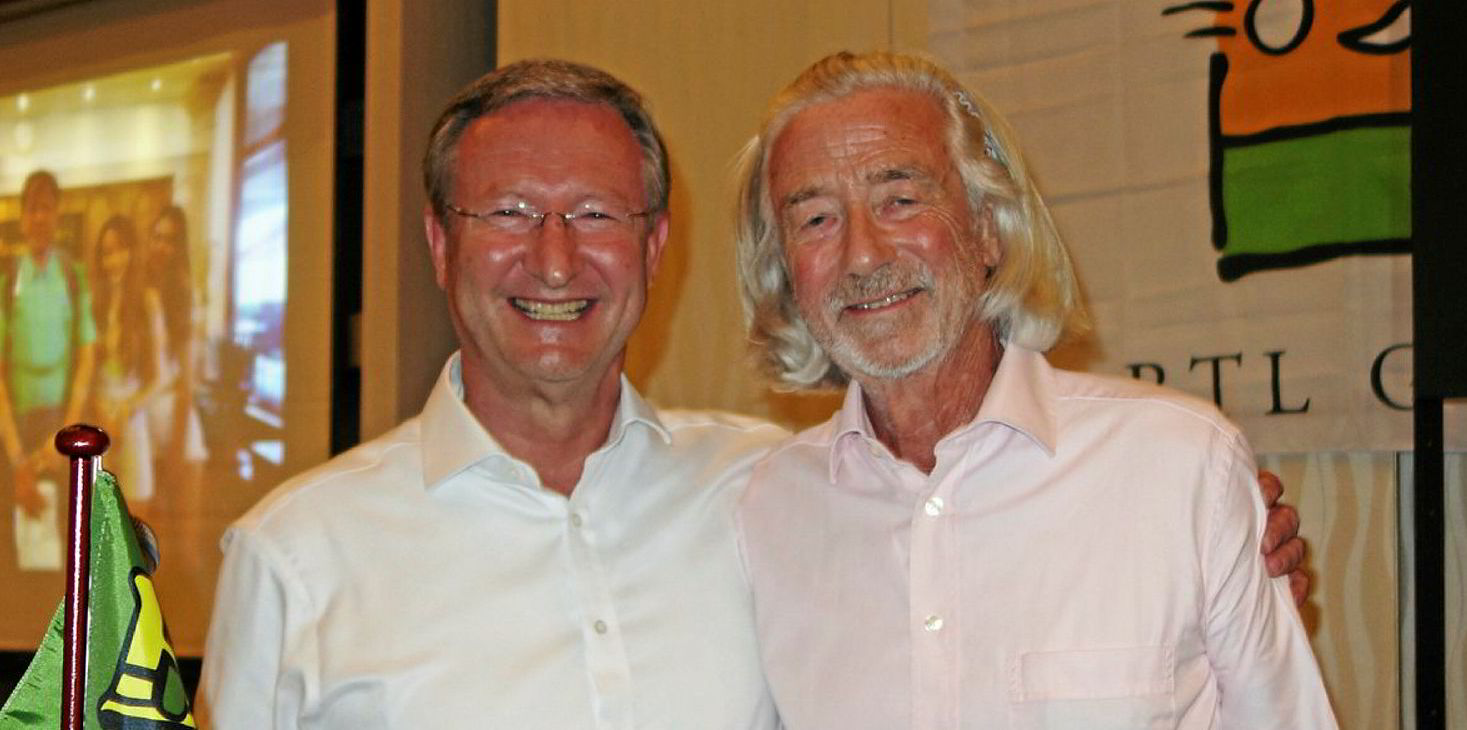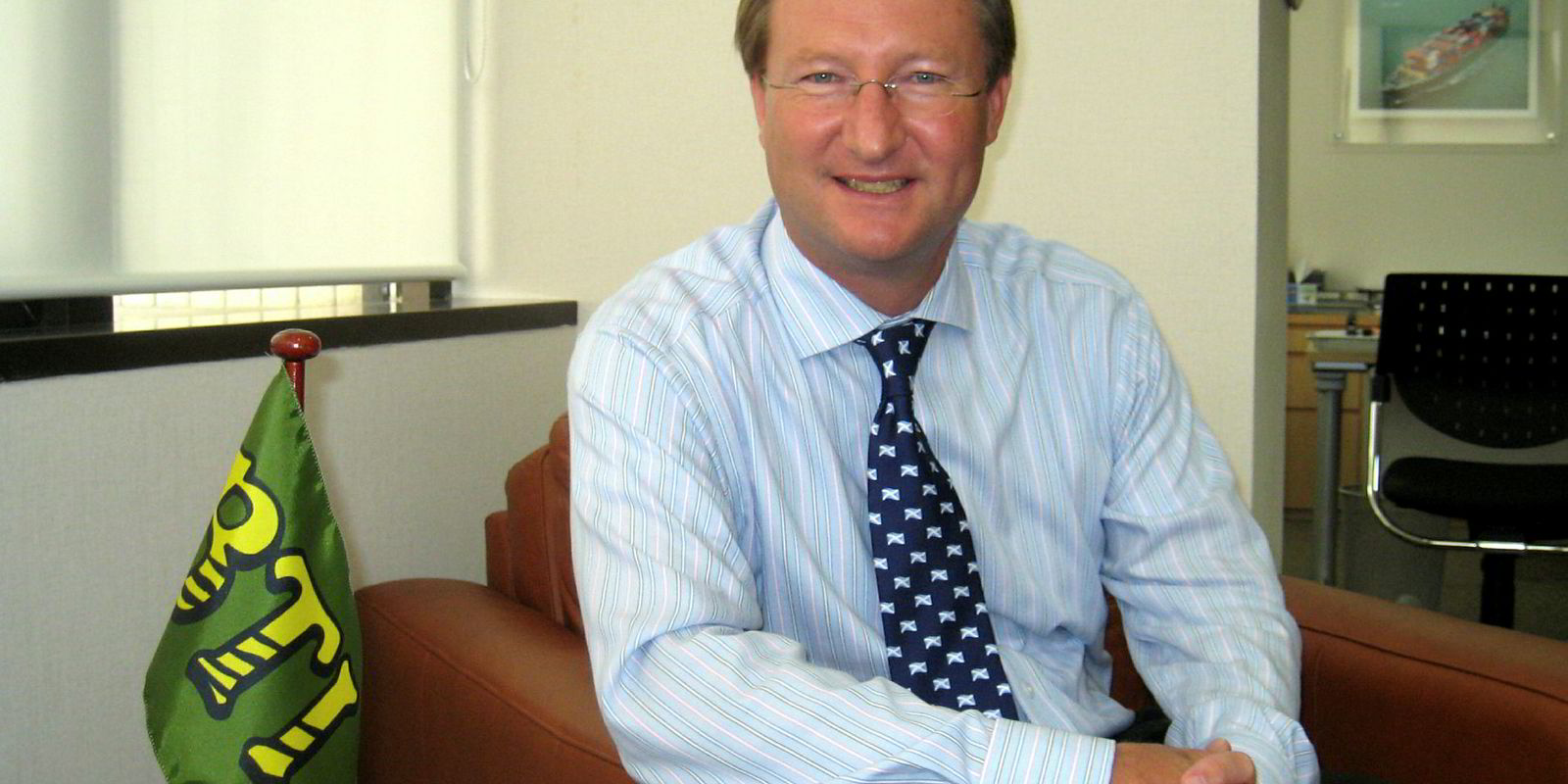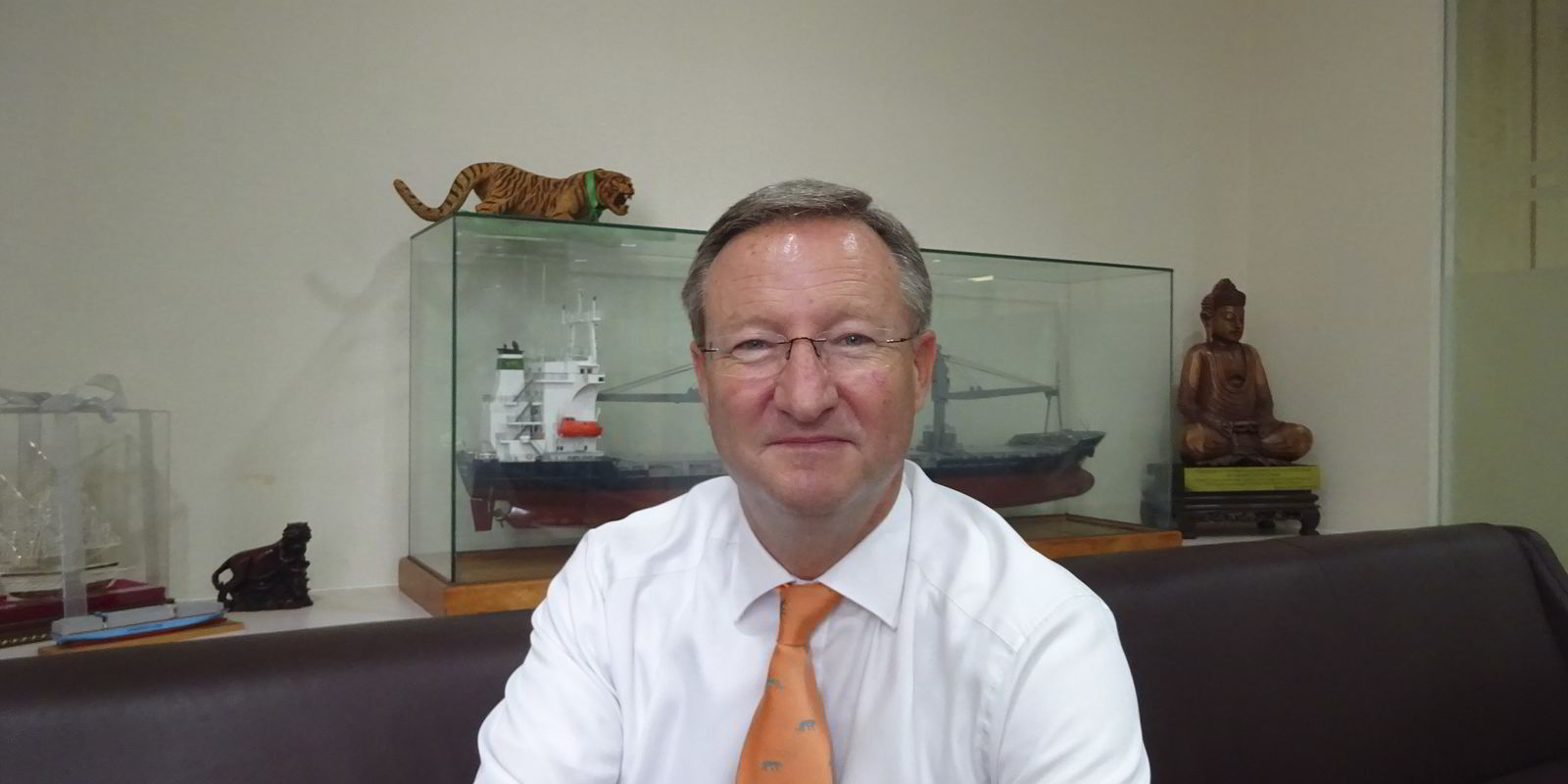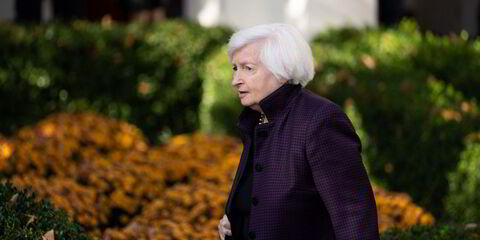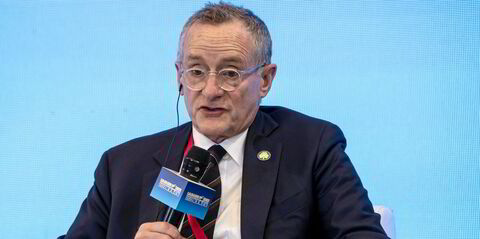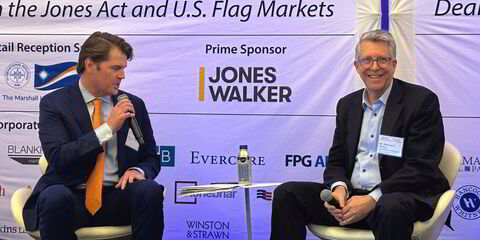The Bengal Tiger Line (BTL) annual Golf Masters tournament on Singapore’s Sentosa Island has become one of the best loved sporting events among the city-state’s shipping fraternity.
A high-profile turnout of 150 people descended on the resort for the 30th anniversary game — and they will be buoyed to hear BTL chief executive Bill Smart assure TradeWinds that the event will continue to be held in Singapore for the foreseeable future.
And BTL also had more reason to celebrate in 2019. Not only was this such a landmark year for the golf event, it also came at a time when the company was enjoying renewed growth under private equity ownership.
Smart claims to have barely heard from the investment fund that bought BTL from founding partners Schoeller Holdings and Transnaval Schiffahrts in July 2018.
CMIA, a European-backed private equity fund led by Singapore-based and Philip Clausius-led investment firm Transport Capital, has not even shifted anyone into the company to keep an eye on things, Smart claims.
“Buying BTL was a good opportunity for them,” he said. “The market was at the lower end, and they were able to get a company with a good reputation that was worth supporting.
“They’ve said they want to see growth, and they have put in the money to make it happen. But, other than that, [they] have left the management status quo alone.”
BTL founder Joachin von der Heydt's retirement shortly after the takeover has been the only significant change to BTL's management structure.
Smart's title was changed from managing director to chief executive, giving him full control of decision making in the company.
"The buck stops with me," he stated.

CMIA came onboard when BTL, like its market peers, faced tough operating conditions as freight rates fell below operating costs.
It also felt the effect of big container operators cascading larger ships into the feeder trades, with some lines deploying traditional panamax containerships on the Asia to India/Middle East services.
That led to BTL scaling down its business and closing some loss-making routes.
Its container volumes fell from a high of 900,000 teu to 600,000 teu by 2018.
“We reduced the number of containers we carried because, to put it quite simply, the more you carried, the more money you lost,” Smart said.
With the decline in its fortunes reversed, BTL is once again in a growth phase — albeit a cautious one. It expects to move 650,000 containers this year.
“It is heading in the right direction but we do need more market penetration,” Smart conceded.
The financial backing of its new private equity investors means BTL will be able to look beyond its traditional emphasis on the Indian subcontinent, where the Sri Lankan port of Colombo is its main transshipment hub.
It has been exploring opportunities in China and the Philippines, as well as transshipment business in Kaohsiung. It expects to have moved 80,000 to 100,000 containers through the Taiwanese port by the end of this year.
On the opposite side of its service map, it has been extending its exposure in the Middle East and East Africa through new hub ports in Khalifa Port in Abu Dhabi and Salalah in Oman.
This expanding network has led to the company actively developing new cross-feeder trades, which effectively allows it to move containers from any port in the world to anywhere else using its own route network, offices, and those of its partners.
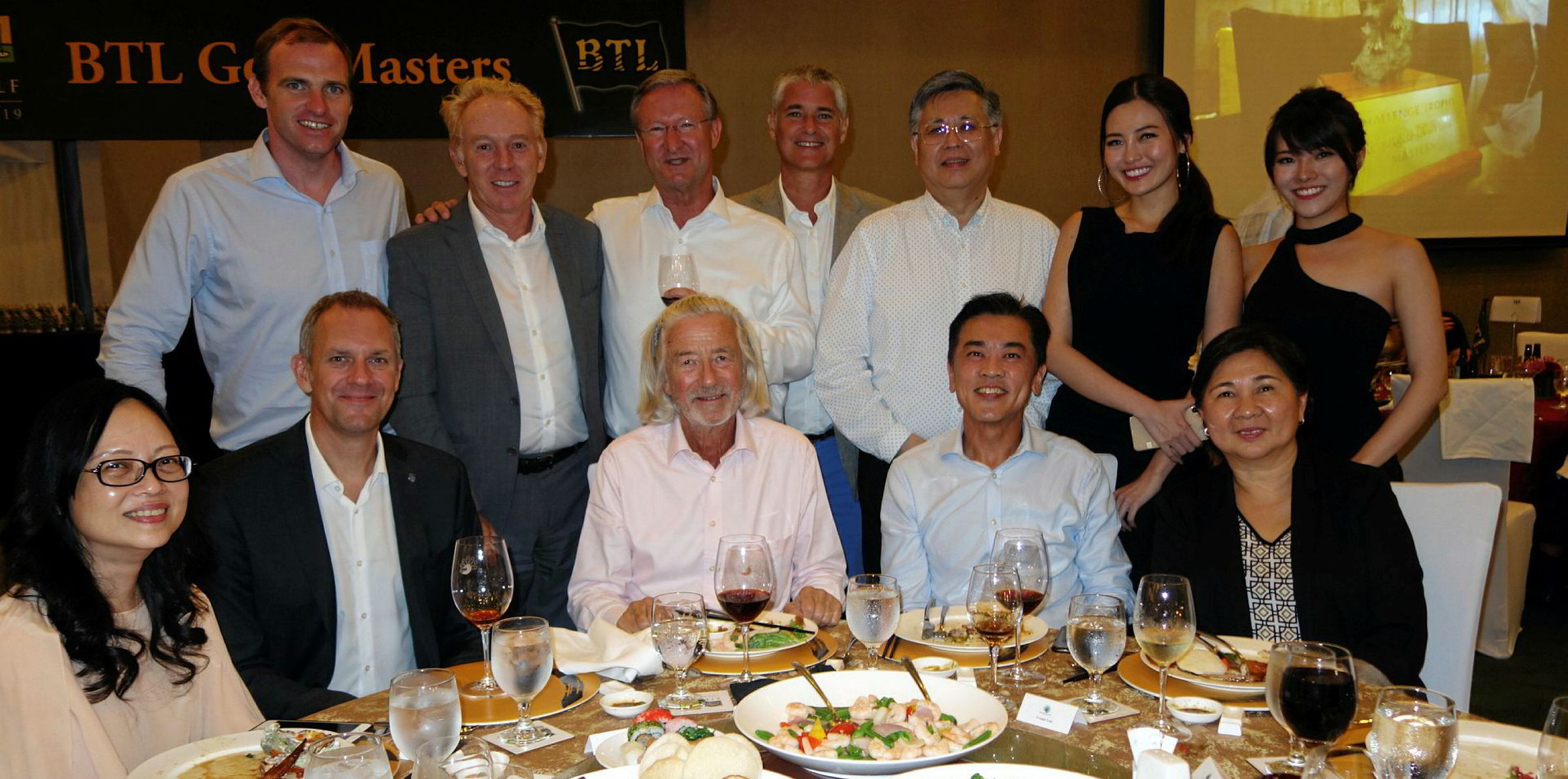
BTL will not go out and source its own cargoes for the cross-trade business. It will move what Smart describes as “other people’s boxes” — the mainline carriers and non-vessel operating container companies that currently form its entire clientele base.
“We will remain as a pure feeder operator,” Smart said. “It is a reasonably simple business moving cargo from port to port without the need for investing land-side equipment and infrastructure.”
Smart does concede that the feeder container trade is changing. Mergers, acquisitions and bankruptcies have resulted in a smaller number of mainline operators.
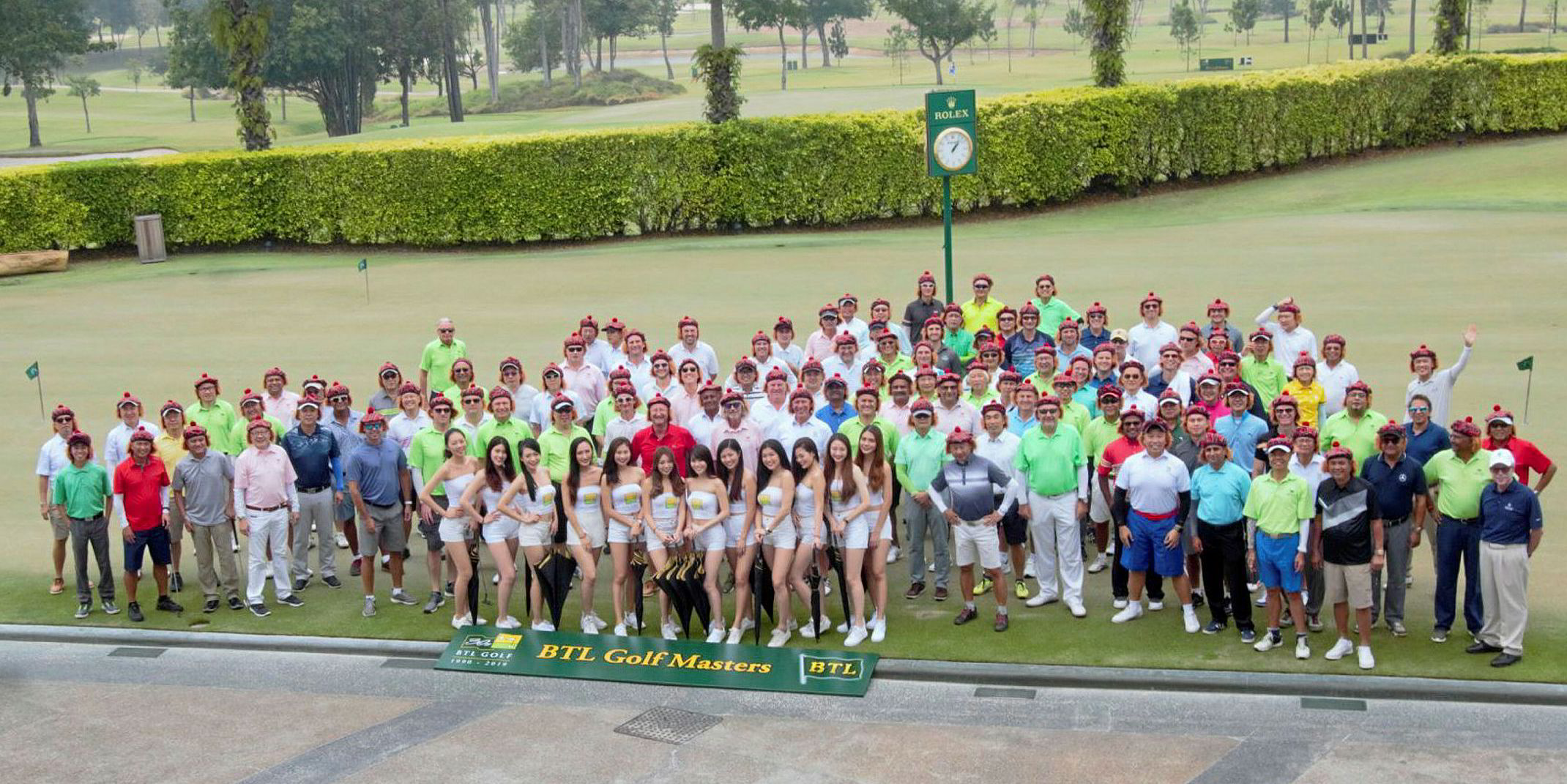
On the positive side, the larger megaships will require a greater level of hub-and-spoke feederage.
“The question is whether the lines will do the feedering themselves,” Smart said. “That is where we have to add value, either on frequency or variety.”
Despite its new ownership, BTL continues to pursue its long-held asset-light strategy. It owns no vessels, and has no intention of doing so going forward.
“No equipment is owned by us," Smart said. "It keeps us neutral so that we have no conflicts of interest."
The company charters in seven vessels but, through agreements with its market peers, has access to a total of 30 ships.
With its new owners calling for expansion, BTL is keen to slowly build up its in-house chartered fleet.
Smart is especially interested in the new Calcutta-max containerships that companies such as MTT Shipping of Malaysia and several other Asian companies are building.
These vessels have been specifically designed to carry payloads of 1,160 teus up the Hooghly River to the Indian port of Kolkota. Their wide 25-metre beam will allow them to carry that volume of containers while still maintaining a maximum draught of six metres.
“We’ve been talking about chartering some of these, but nothing is firm yet. That is next year’s project," Smart said.
